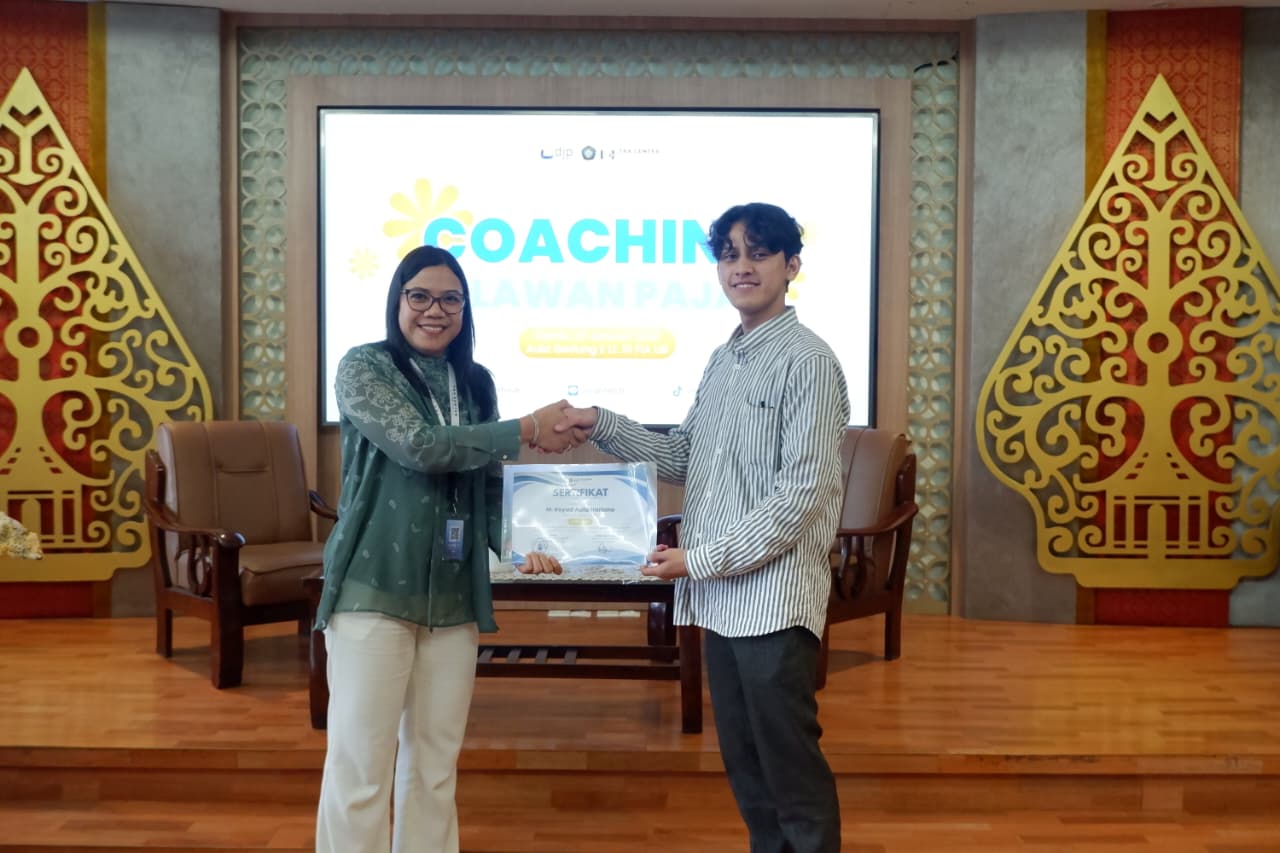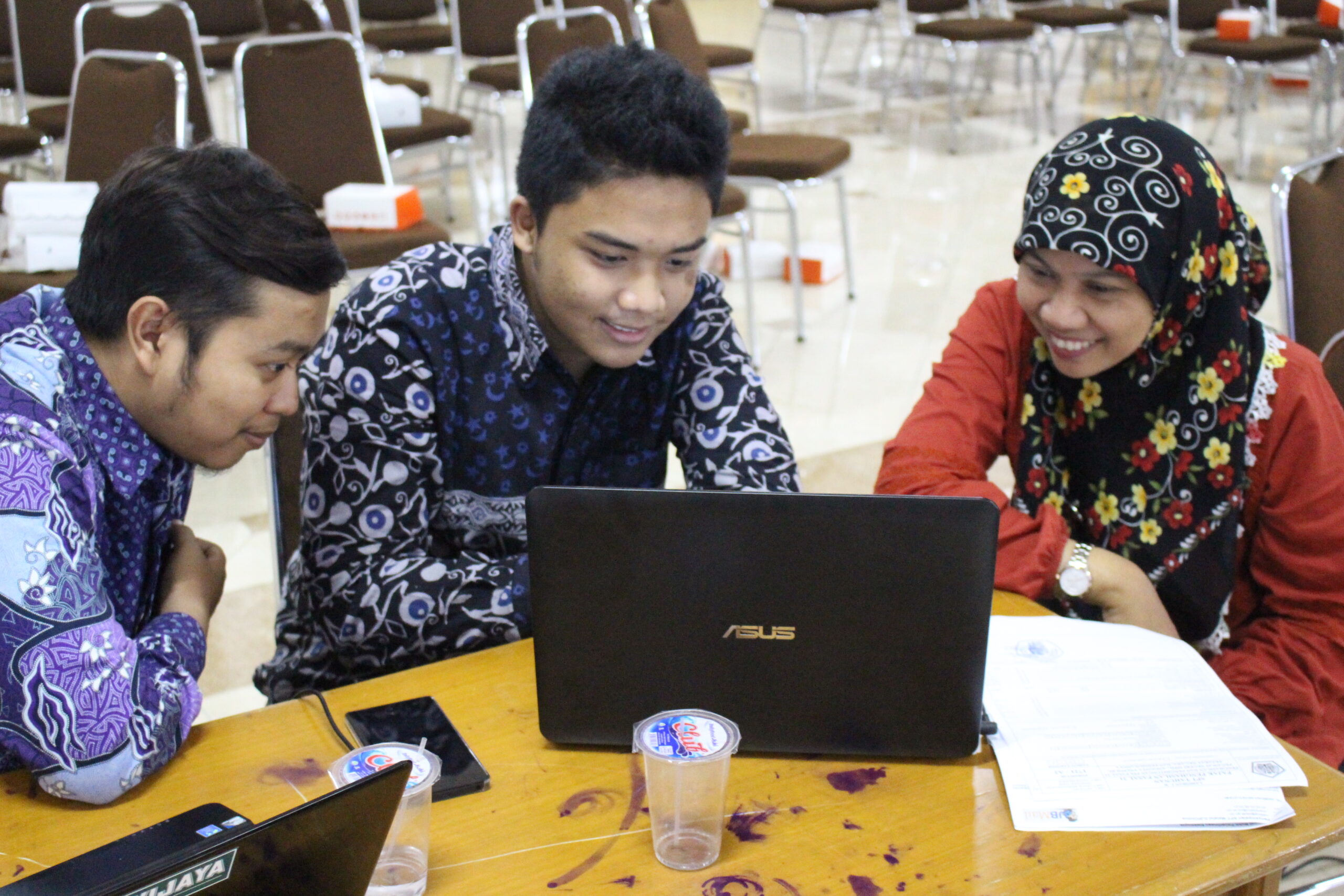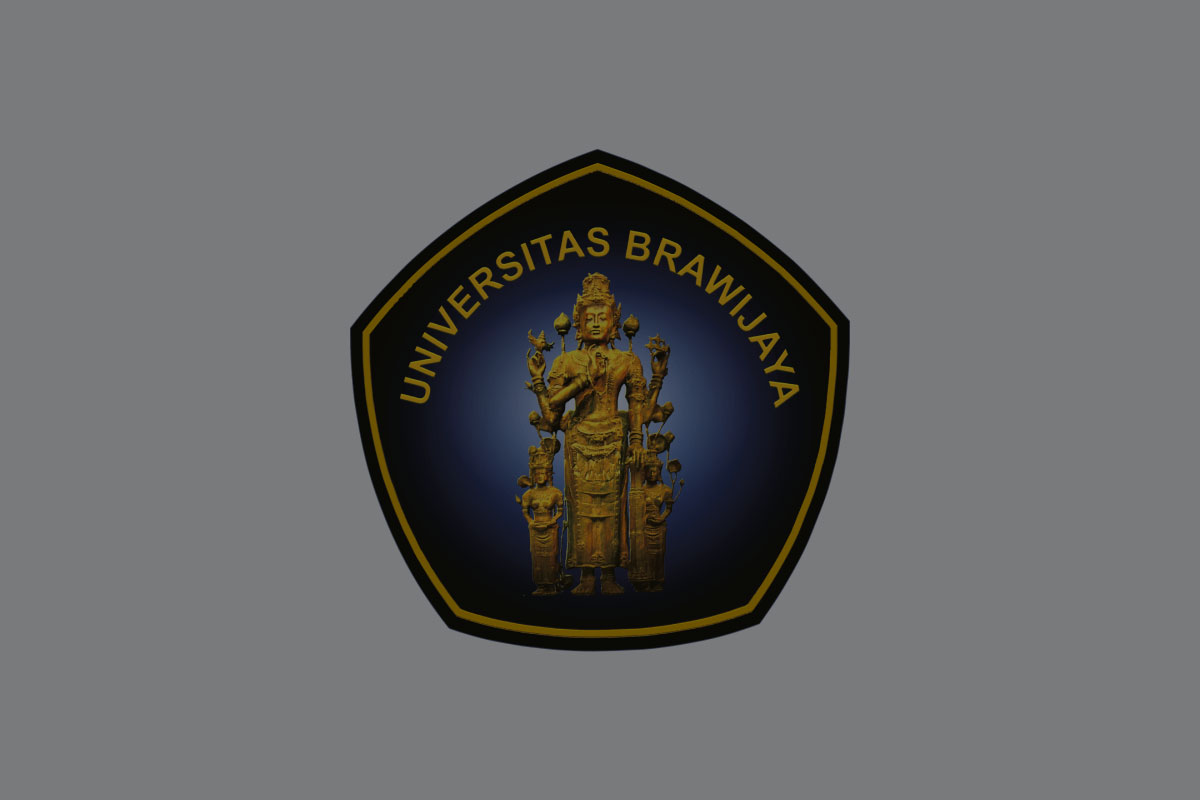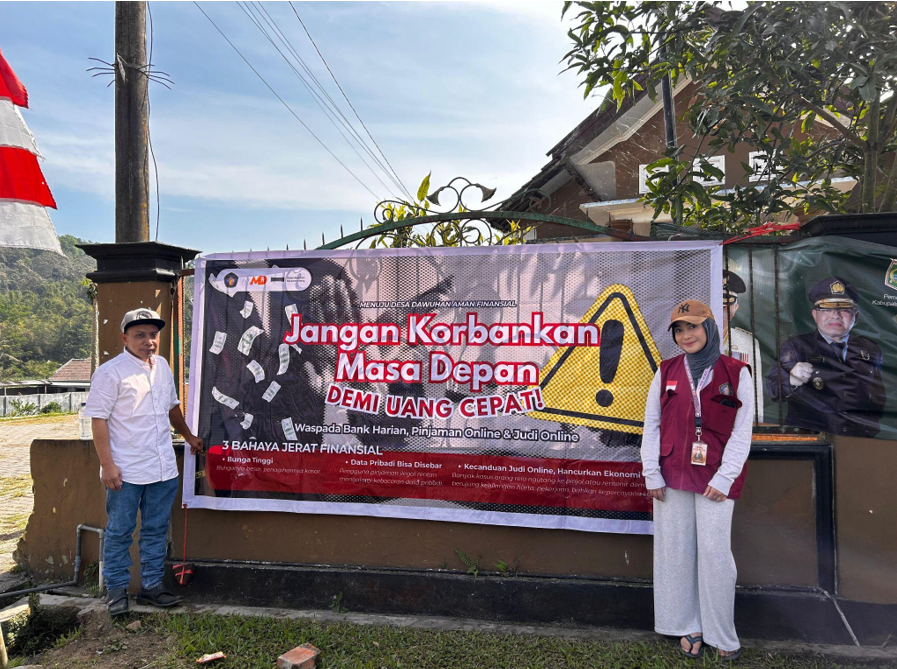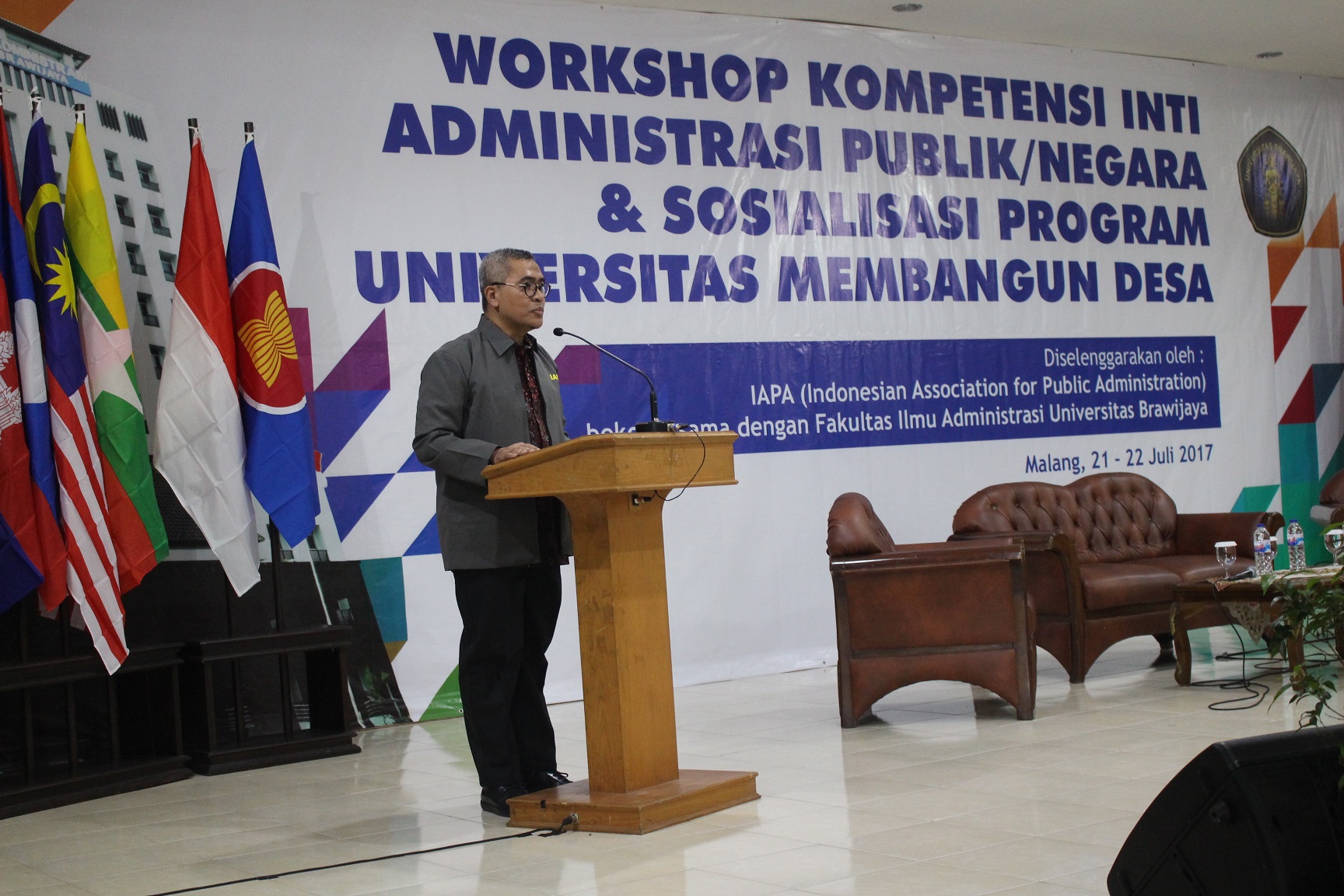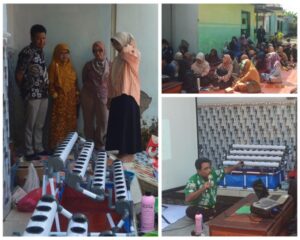
Saturday, November 16, 2024, Budug Hamlet, Sambirejo Village, Rejoso District, Pasuruan Regency, became the center of attention with the implementation of the Community Service Activity Program (PKM) by a team from the Faculty of Administrative Sciences. Led by Nila Firdausi Nuzula, PhD, the PKM team managed to gather around 100 participants from local residents to take part in the socialization and training of household waste processing.
The activity began with socialization about the importance of disposing of garbage in its place, a simple but crucial step in avoiding flooding during the rainy season. "Awareness of waste management must start from oneself and one's household," said Nila in her speech. She emphasized that the behavior of littering can result in blocked water channels, which ultimately triggers flooding.
After the socialization session, participants were invited to take part in simple household waste processing training. The training materials include organic waste processing techniques using earthworm media and aquaponic systems. The goal is to provide an understanding of simple circular processing at the household level, so that the waste produced can be converted into something useful.
"This training opened our eyes that organic waste can be processed into compost that is useful for plants," said Siti Aisyah, one of the participants. She felt that she gained new knowledge that can be applied in everyday life. "I will try to apply this method at home. In addition to reducing waste, it can also help my plants grow well," she added.
The PKM team not only provided training, but also distributed aquaponic equipment to participants. With this, it is hoped that residents can immediately practice processing organic waste independently. "This equipment assistance really motivates us to manage household waste," said Miftakhul, another participant.
The results of this activity began to be seen with the increasing enthusiasm of residents in maintaining environmental cleanliness. Some participants have even planned to form small groups to share experiences and results from processing organic waste. "We want Budug Hamlet to be an example for other villages in waste and environmental management," said the Head of Budug Hamlet.
Nila Firdausi Nuzula expressed her satisfaction with the positive response from the residents. "Seeing the spirit and enthusiasm of the community, we are sure that this program will have a positive long-term impact," she said. She is also committed to continuing to assist residents in implementing the knowledge that has been given.
The Head of Sambirejo Village also appreciated this activity. "A program like this is very beneficial for the community. In addition to increasing environmental awareness, it also provides practical solutions in waste management," he said. He hopes that cooperation between academics and the community can continue in the future.
With this socialization and training, it is hoped that cases of littering can be reduced drastically. In addition, processing organic waste through earthworms and aquaponics can be an alternative source of income for residents. "Who knows, from here we can produce compost products that can be sold," Siti Aisyah hopes.
Overall, the Community Service Program organized by the PKM team of the Faculty of Administrative Sciences has succeeded in achieving its goals. Not only providing knowledge, but also encouraging real action from the community in protecting the environment. This is a positive first step towards changing behavior and improving the quality of life in Budug Hamlet.
With the enthusiasm shown by the residents, there is great hope that Budug Hamlet will become a model village in household waste management and environmental preservation. "Big changes start from small steps. Let's work together to protect our environment for a better future," concluded Nila Firdausi Nuzula.

